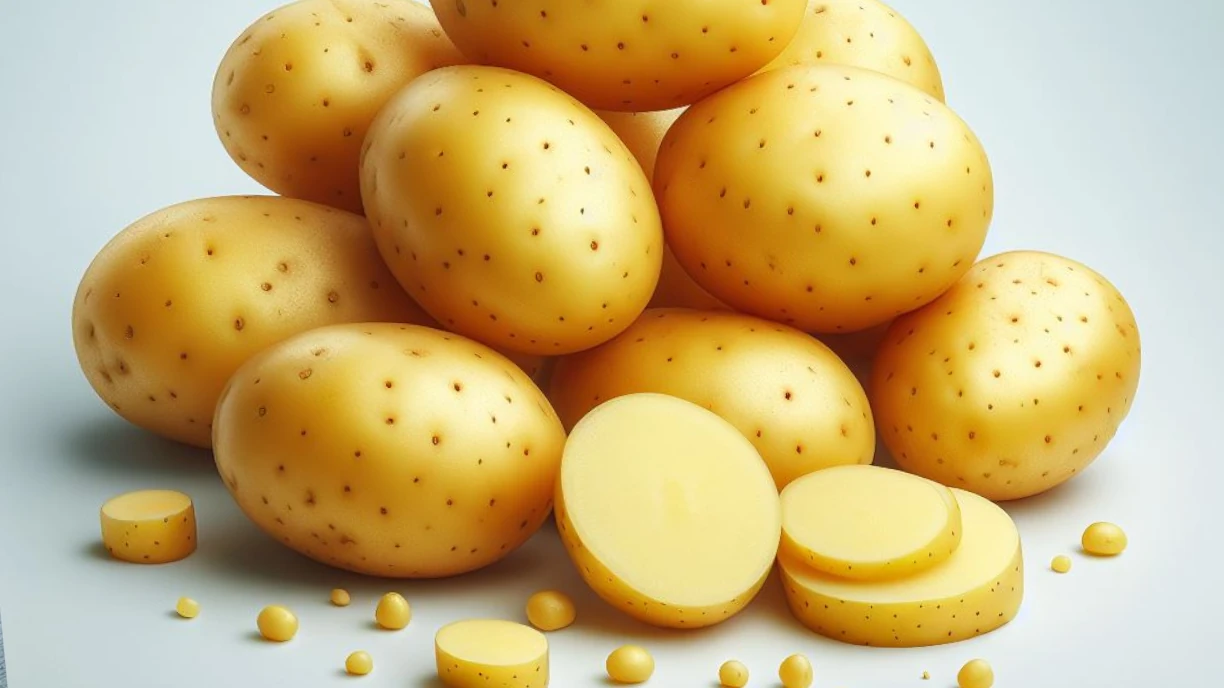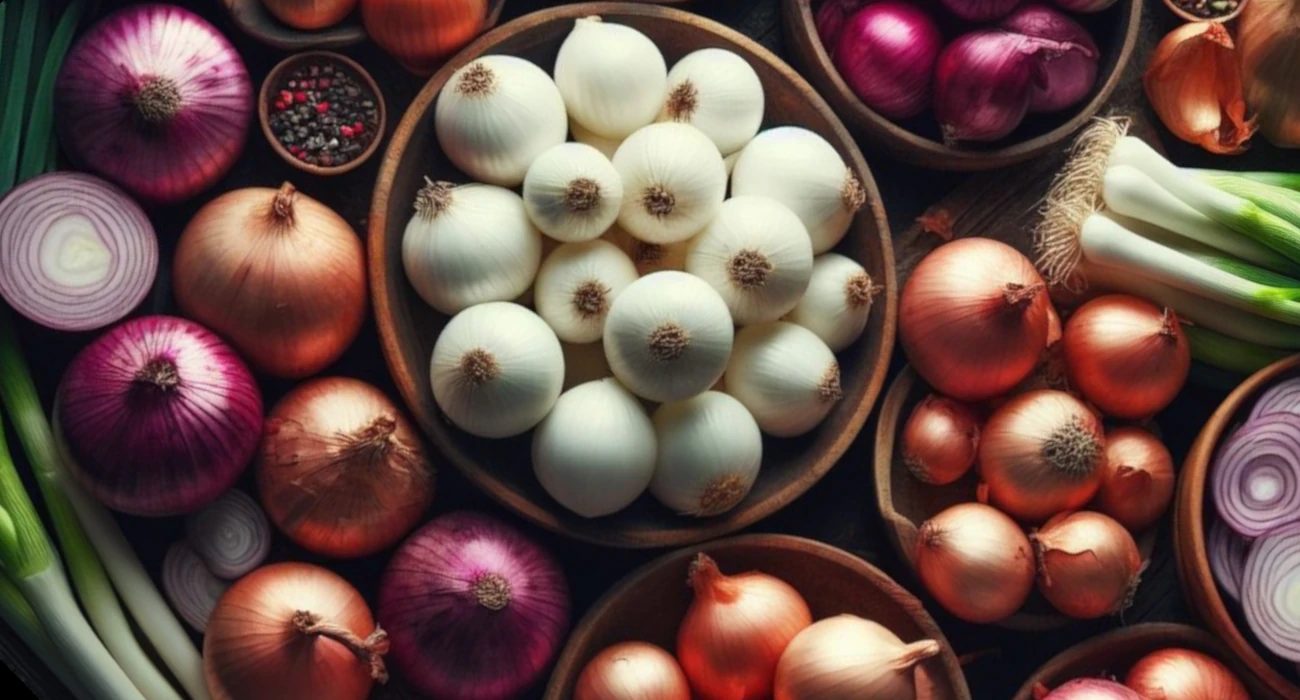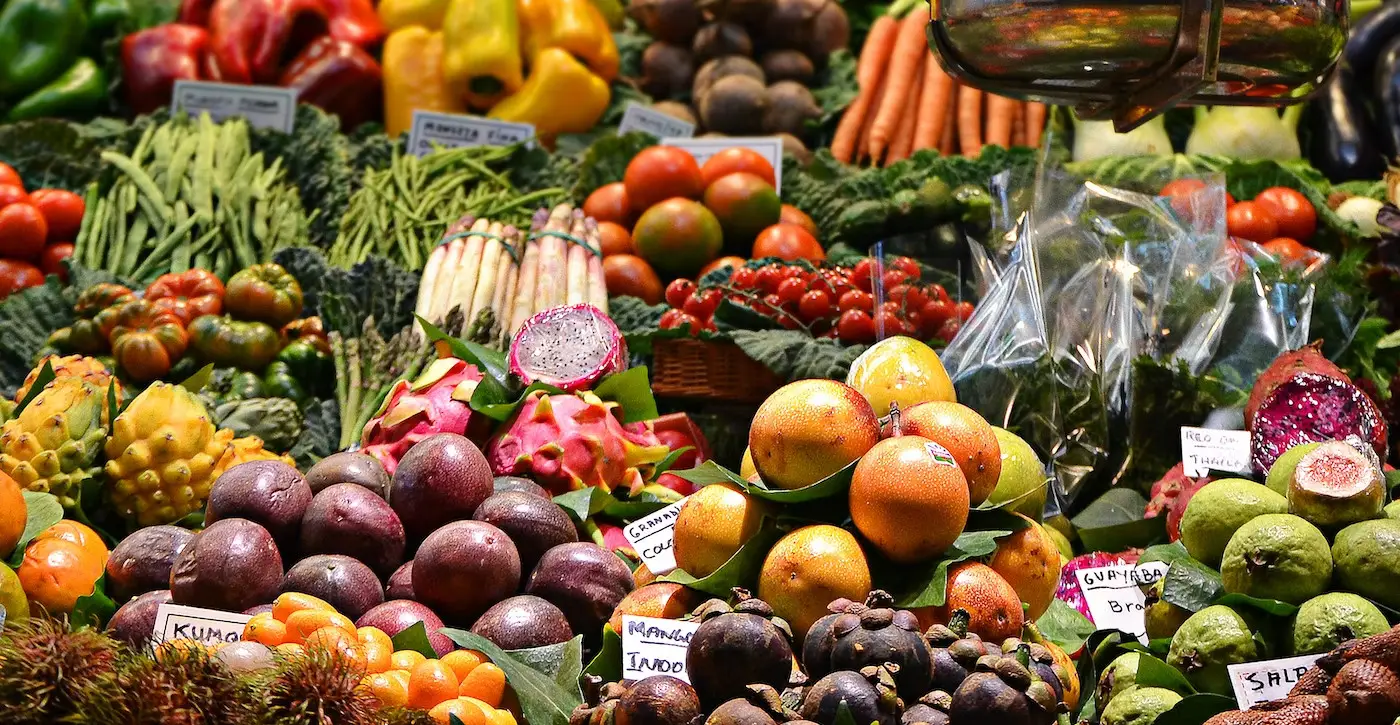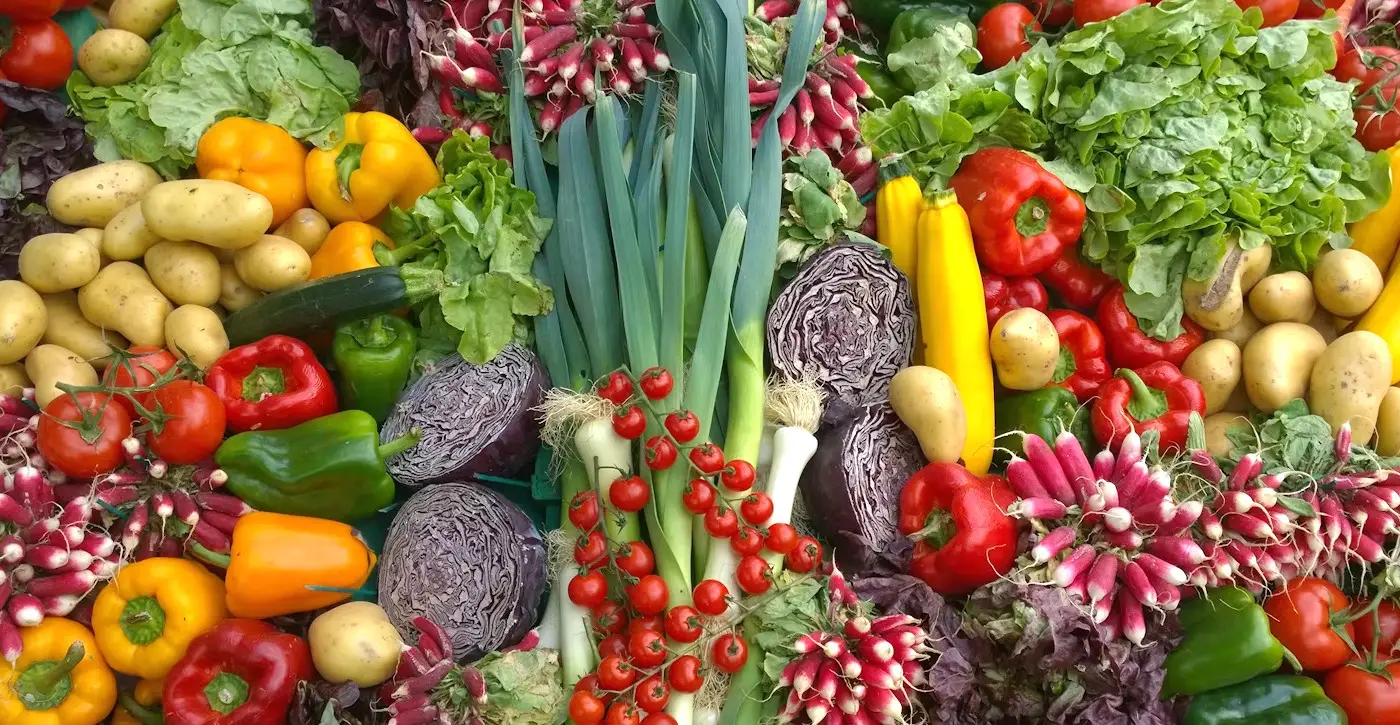Arugula Lysine and Arginine Info Sheet
Overview
Arugula is a leafy green vegetable that belongs to the Brassica family.It has a peppery and slightly bitter taste and is often used in salads, soups, and pasta dishes.
Arugula is low in calories and high in vitamin K, vitamin C, folate, and calcium.
It also contains glucosinolates, which are compounds that may have anti-cancer and anti-inflammatory effects.
| Name | Lysine (mg/100g) | Arginine (mg/100g) | Ratio |
|---|---|---|---|
| Arugula | 40mg | 105mg | 0.38 |
Arugula contains 40mg of Lysine and 105mg of Arginine per 100g of product.
This means Arugula has a low Lysine-Arginine ratio of 0.38.
Because Arugula contains much higher levels of arginine than lysine, limiting its consumption is recommended by people who suffer from herpes, as it may trigger outbreaks.
Lysine Considerations
Arugula is not a good source of lysine, as it only provides 5.7% of the recommended daily intake (RDI) for an adult.
Lysine is an essential amino acid that is needed for protein synthesis, collagen formation, wound healing, and immune function.
Lysine has the potential to prevent or treat cold sores, which are blisters caused by the HSV-1 virus, also known as herpes.
Lysine operates by working against the proliferation of HSV-1, which relies on another amino acid, arginine, to reproduce and infect cells.
Lysine can only be acquired through our diet, and is present in many high-protein foods such as eggs, dairy products, fish, meat and poultry.
Arginine Considerations
Arugula is a moderate source of arginine, as it provides 23.6% of the RDI for an adult.
Arginine is a semi-essential amino acid that is involved in nitric oxide production, blood pressure regulation, wound healing, and immune function.
Arginine has multiple benefits for our health and performance, such as lowering blood pressure, enhancing wound healing, and increasing exercise endurance.
Arginine can also affect the herpes virus, which causes cold sores and genital herpes.
Studies suggest that arginine may help the virus grow and cause outbreaks, so people with herpes may want to avoid foods that are high in arginine or take lysine supplements to block its effects.
Lysine-Arginine Ratio
Arugula has a low lysine-arginine ratio, which means that it has more arginine than lysine.
This may not be ideal for people who have herpes simplex virus (HSV) infections, as arginine may promote viral replication and trigger outbreaks, while lysine may inhibit viral growth and reduce symptoms.
However, the evidence for this is not conclusive and other factors, such as stress and immunity, may also play a role.
The herpes simplex virus, which causes oral and genital herpes, needs arginine to multiply and infect cells.
Lysine, on the other hand, can interfere with the absorption of arginine in the intestine, and thus limit the availability of arginine for the virus.
By eating a diet higher in lysine than arginine, one may be able to prevent or treat herpes outbreaks.
Foods that have a high lysine-arginine ratio include milk and cheese, fish, poultry, fruits, and vegetables.
These foods can supply the body with sufficient lysine to compete with arginine and inhibit the virus from replicating and causing outbreaks.
Dietary Considerations
Most vegetables are low in in calories and rich in in vitamins, minerals, and antioxidants.
Many vegetables have more lysine than arginine, such as beets, turnips, tomatoes, soybean sprouts, potatoes, celery, sweet potatoes, squash, and green beans.
These vegetables can help prevent or treat herpes outbreaks, as lysine can suppress the herpes virus.
Other vegetables have more arginine than lysine, such as peas, carrots, broccoli, cauliflower, and mushrooms.
These vegetables can still be consumed in moderation, as they have other health benefits.
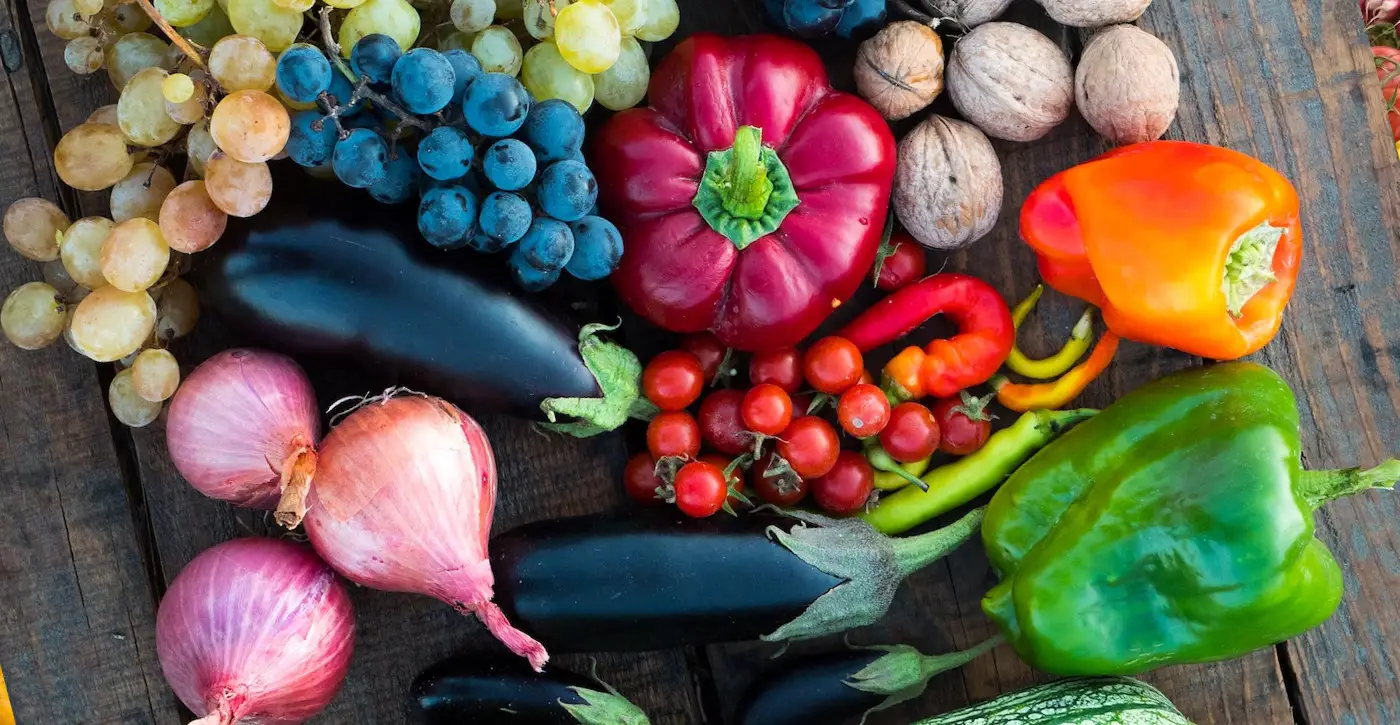
For instance:
Eating a balanced and nutritious diet that supports your immune system and reduces inflammation.
This means consuming plenty of fruits, vegetables, whole grains, lean protein, and healthy fats, and avoiding processed foods, added sugars, alcohol, and caffeine.
Avoid alcoholic beverages and caffeine which can overstimulate your body, leave you dehydrated, and compromise your immune system.Consider taking l-lysine supplements, which can help prevent herpes outbreaks and stop a cold sore before it emerges by limiting the availability of arginine for the virus, which it requires to produce a cold sore.
Foods that can boost your immunity and fight inflammation are essential to prevent outbreaks.
Honey, yogurt, aloe vera, and chamomile are some examples of these foods.
They can also soothe your symptoms and help you recover quicker by reducing pain, swelling, and itching.
Check more food information
